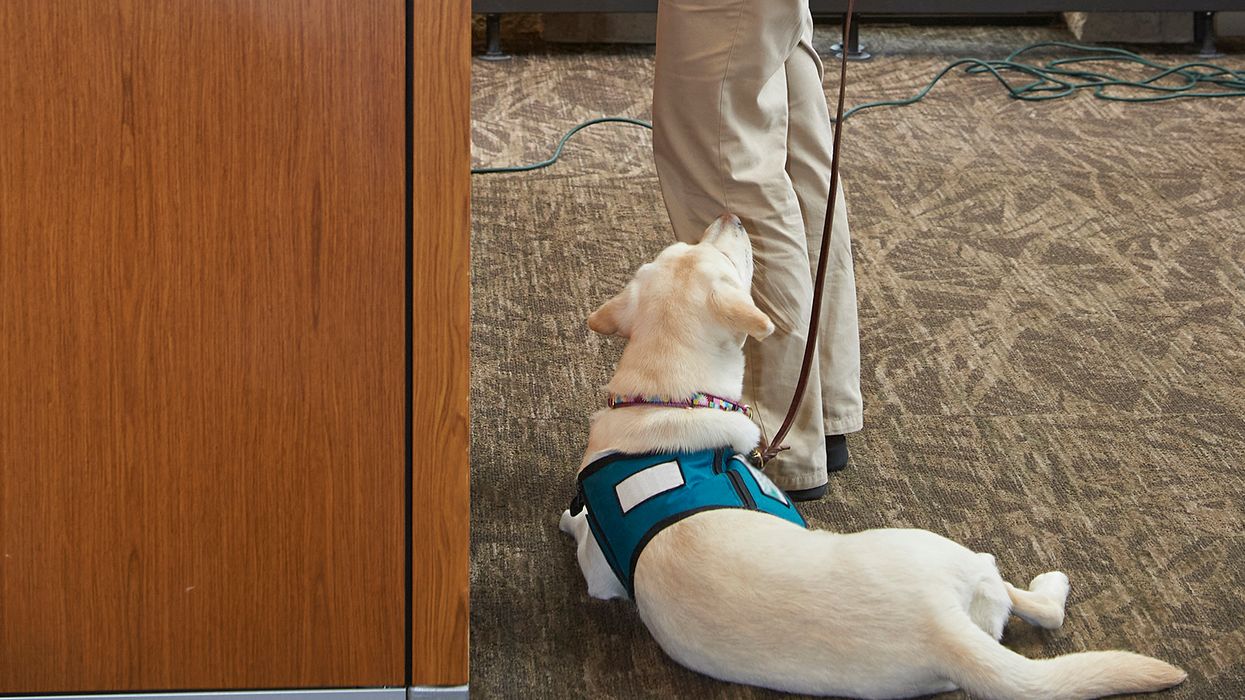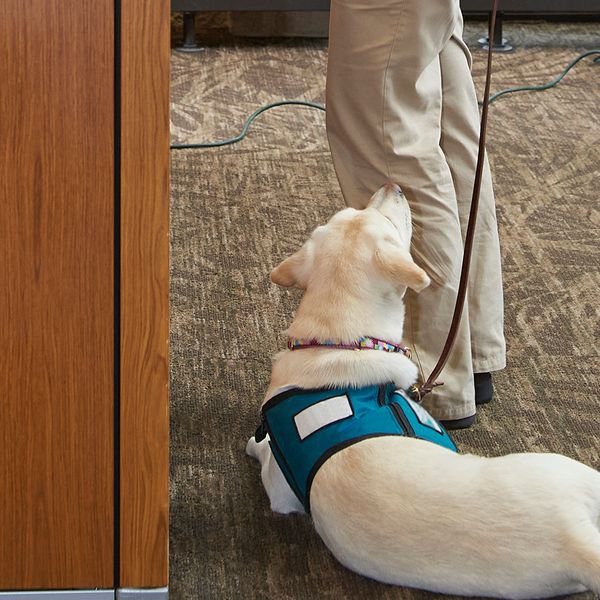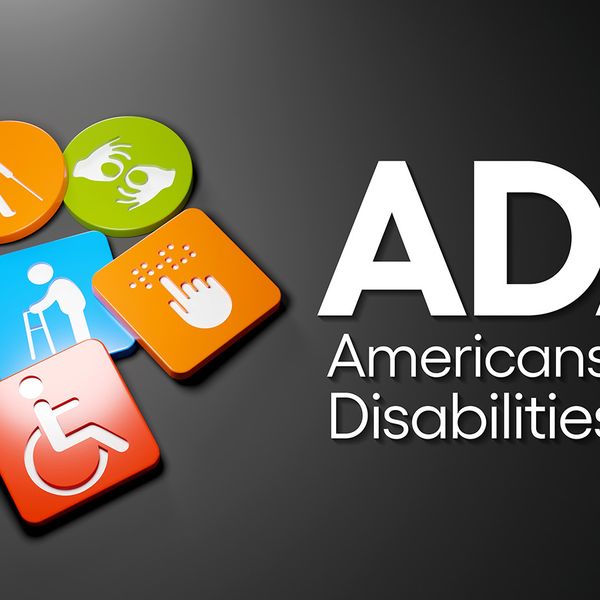Unleash the info: Prepare employees for service dogs in the workplace
In the United States, approximately 500,000 service dogs are helping people. Employers should not, therefore, be surprised if they get requests to allow them at work. When that happens, employers should take steps to inform the workforce about an animal’s upcoming appearance.
Confidentiality
Under the federal Americans with Disabilities Act (ADA), which requires employers to provide reasonable accommodations to the known limitation of an employee or applicant, employers must also keep medical information confidential. This information must also be kept separate from the general personnel file(s). Keeping the obvious presence of a service dog confidential, however, is — to say the least — difficult.
Confused?
What information to share and with whom in such situations can be confusing.
Employers may share limited information about service or emotional support animals with those who are on a “need-to-know” basis. Employers may not, however, share disability-related information with the employees’ coworkers. An obvious accommodation can’t be hidden.
Here are some steps to preparing the workplace for a furry addition.
- Prepare the workforce for the upcoming presence of a service or emotional support dog with general disability etiquette training. This could include specific information about service animals. Employees should resist the urge to interact with the animal; it is there to perform a job, not get patted or played with.
- Ask the employee who requested the accommodation what their expectations are for how others should interact with the dog. Ask what information, if any, the employee would like shared with others about the dog’s presence.
- Tell managers or supervisors on a need-to-know basis about service and emotional support dogs as accommodations. Leadership will need to know how to effectively implement the accommodation and how to interact with the animal. Include only pertinent details, such as where and when the service animal will relieve itself or if the service animal will be included in meeting spaces. Don’t talk about why the animal is needed.
- Let coworkers know in advance that “a dog” — not a “service” or “emotional support” dog — will be entering the workplace. Don’t refer to the dog as a service or emotional support animal, as doing so discloses that the employee has a reasonable accommodation, which violates the ADA confidentiality provisions. This is true even if it is obvious the animal is a service dog.
- Tell coworkers who will have a working proximity to the employee and dog, that a dog will be present, that its presence is approved by the employer, and who to contact with issues or concerns if, for example, they have an allergy or a fear of dogs, so these issues can be resolved privately.
Key to remember: Employers fare better when taking some steps to prepare the workforce for the addition of a service or emotional support dog at the workplace.





















































